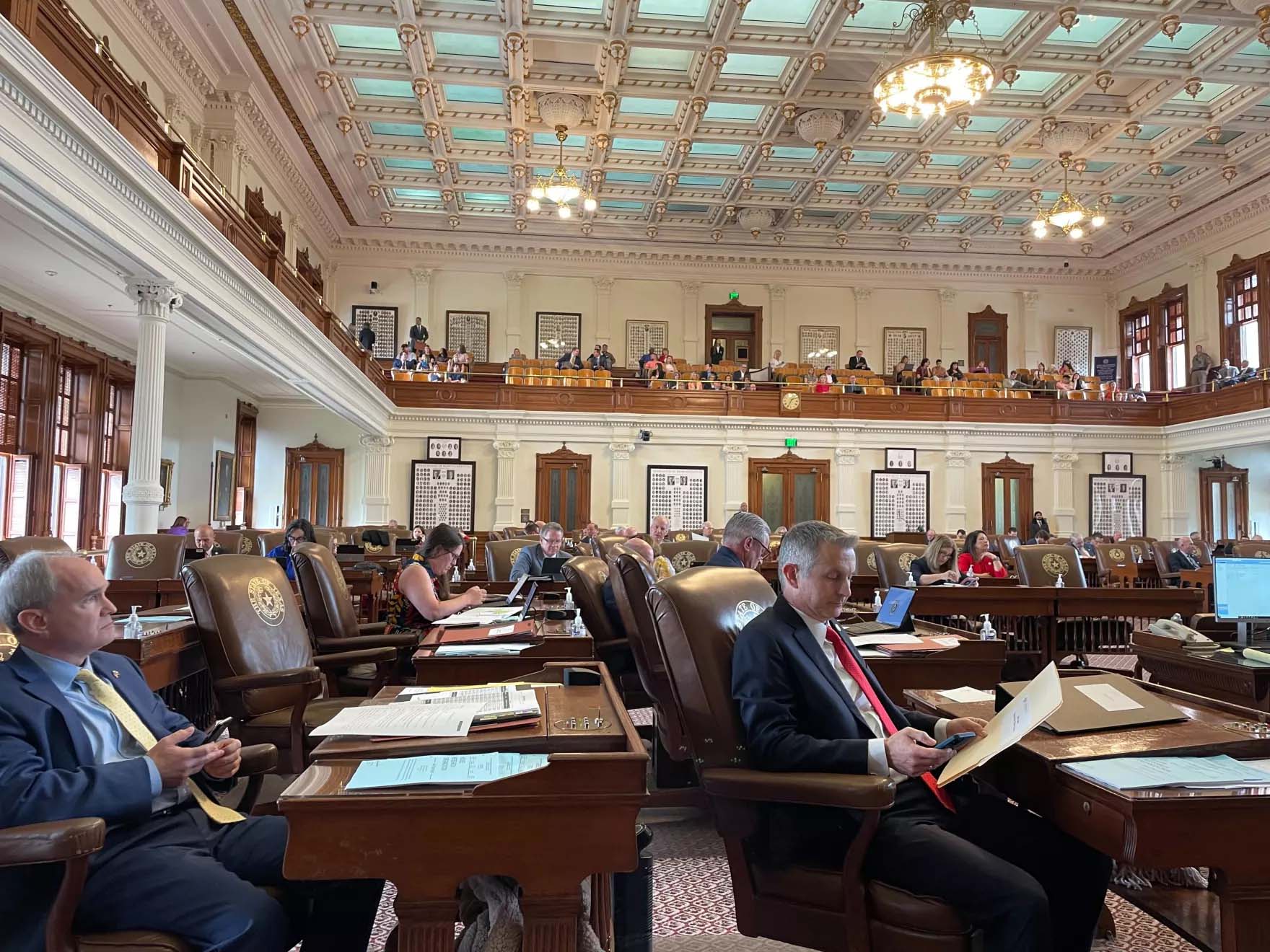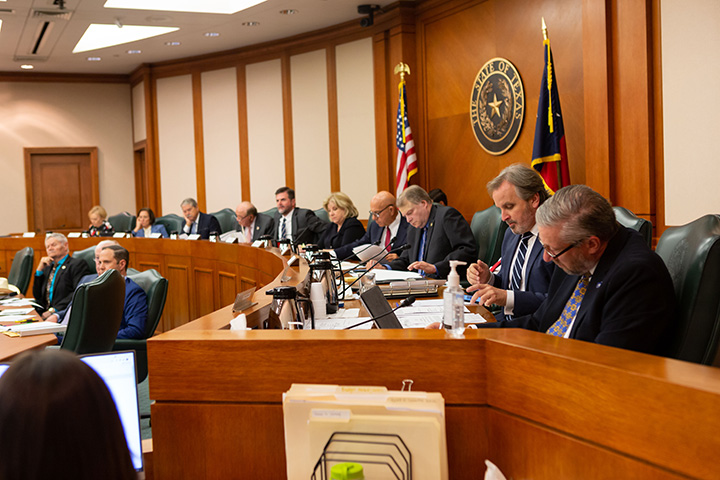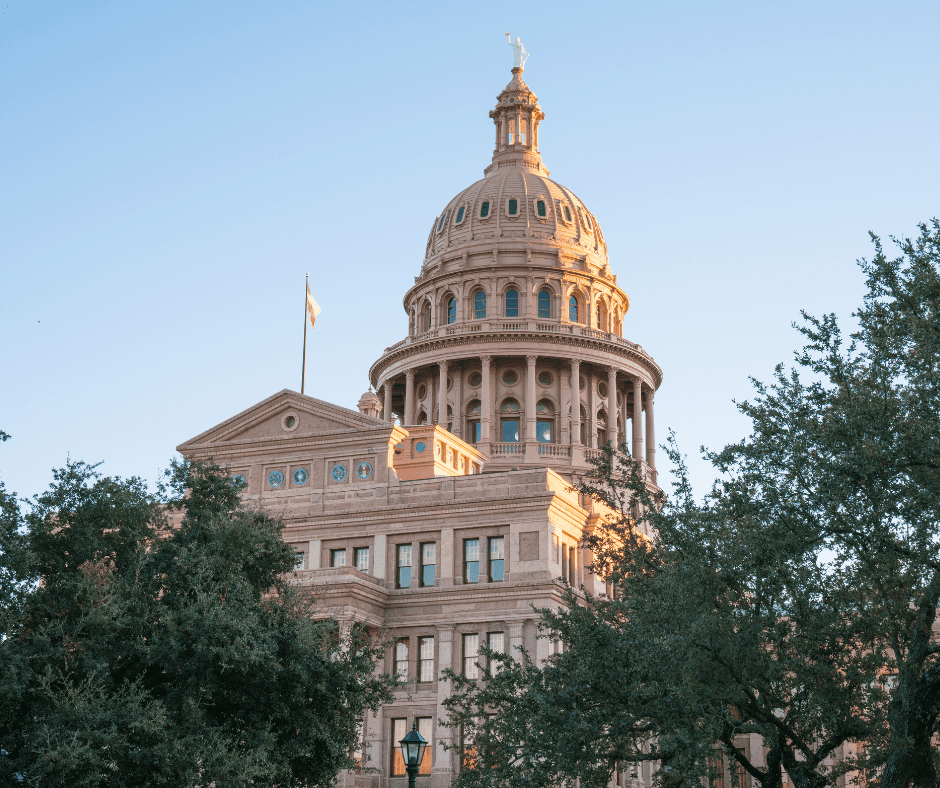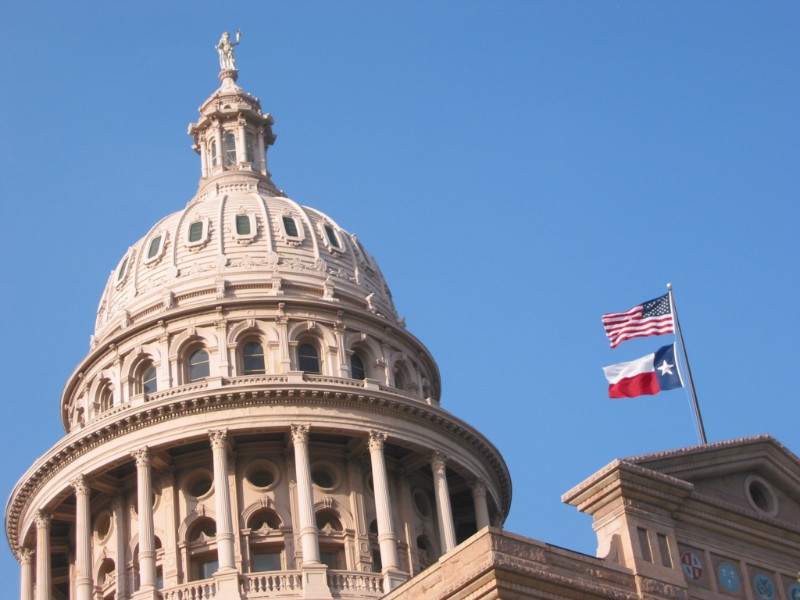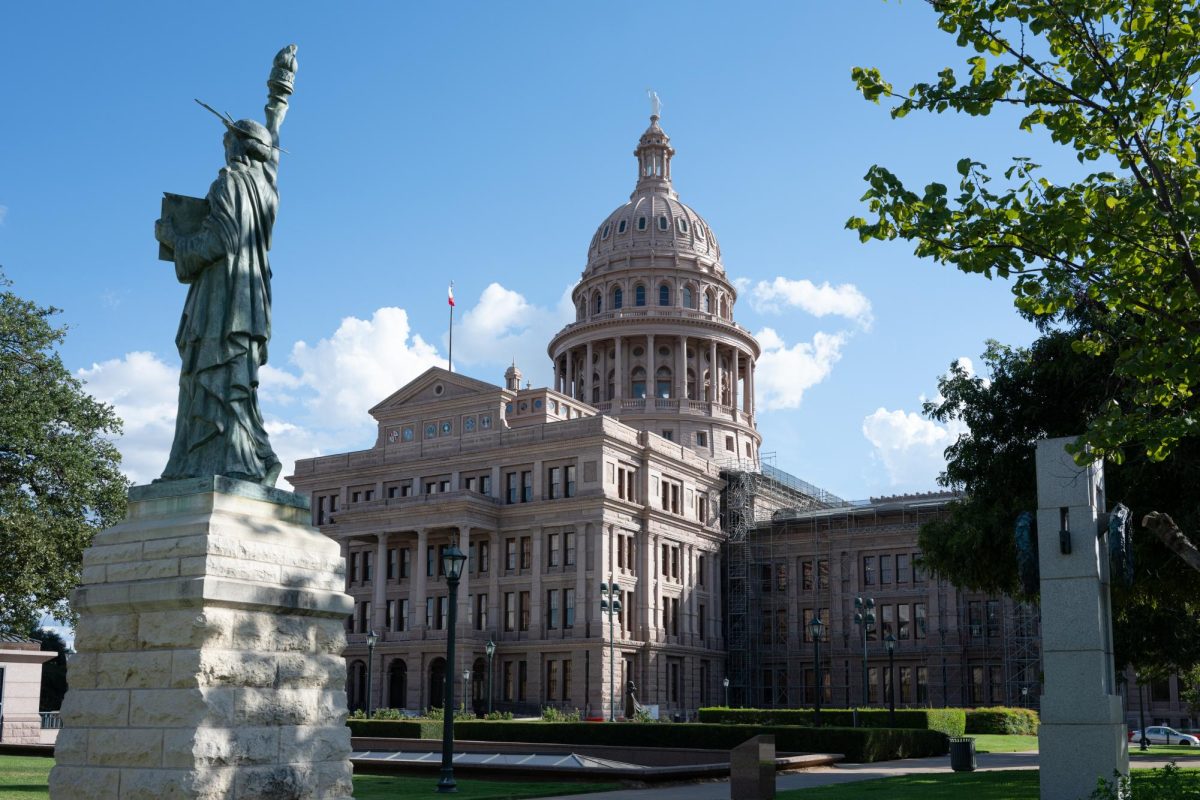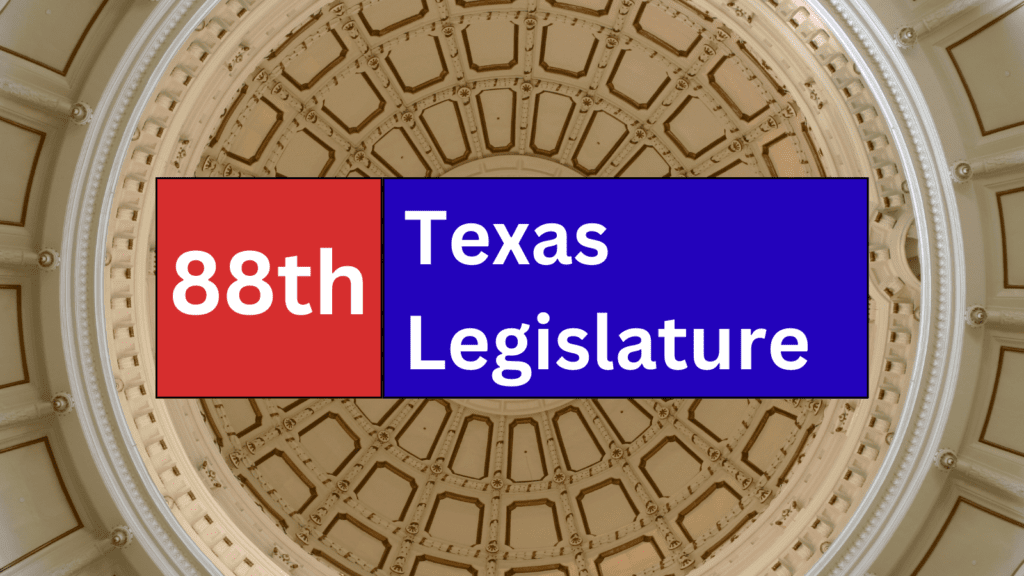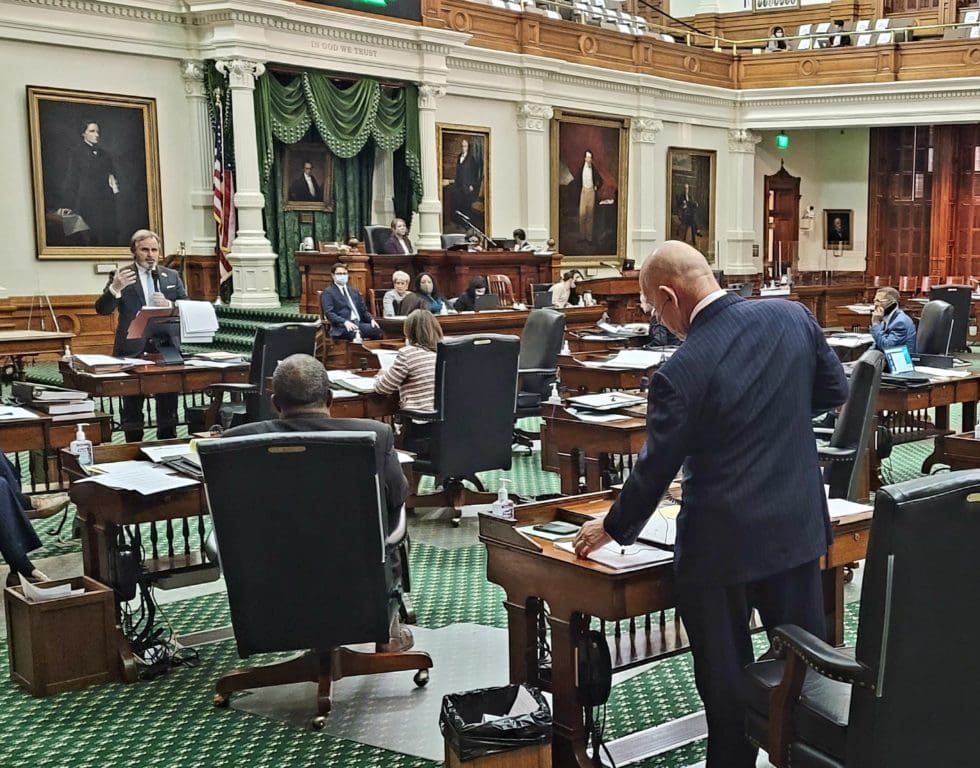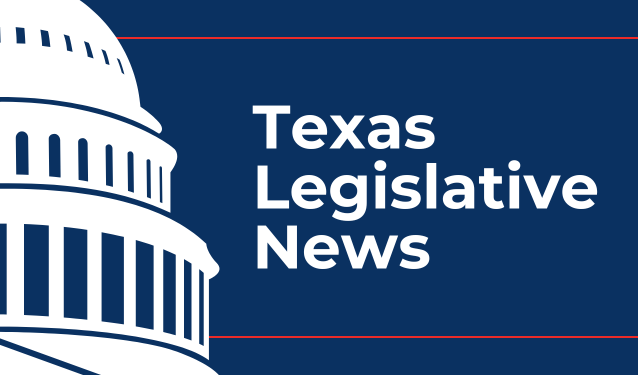Senate Bill 22 At Texas Capitol
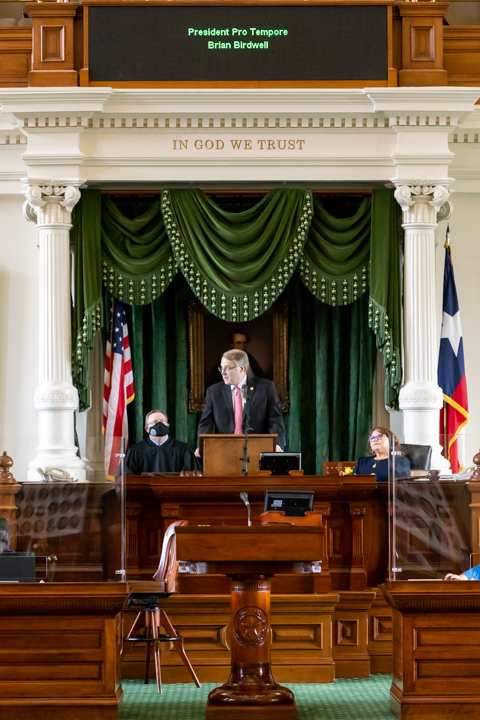
AUSTIN, TX – Senate Bill 22 (SB 22), a controversial piece of legislation concerning relationships between Texas municipalities and non-profit organizations, is currently under intense scrutiny at the Texas Capitol. The bill, which aims to increase transparency and accountability in local government spending, has sparked heated debates between lawmakers, city officials, and advocacy groups.
The bill's potential impact on local communities and their ability to address critical social issues like affordable housing and homelessness is significant.
SB 22 seeks to prevent municipalities from using taxpayer dollars to lobby state government. This is a core element of the bill. It directly targets financial arrangements between cities and non-profit entities that engage in advocacy efforts.
Key Provisions and Arguments
At its core, SB 22 prohibits cities and counties from using public funds to pay membership dues or otherwise support organizations that lobby the Texas Legislature. The bill's sponsors, primarily Senator Paul Bettencourt (R-Houston), argue that these funds should be used for essential services and infrastructure improvements rather than influencing state policy.
Supporters of SB 22 contend that the bill will enhance transparency and accountability. They believe it will ensure that taxpayer dollars are spent in a manner consistent with the public interest. Senator Bettencourt has repeatedly stated that the current system allows municipalities to indirectly lobby the state government through third-party organizations, which he views as a misuse of public funds.
“We want to make sure the cities are using the taxpayer dollars to take care of the basics of government,” Senator Bettencourt said in a recent press conference. This statement reflects the central argument of the bill’s proponents.
Opposition and Concerns
However, the bill faces strong opposition from numerous sources. City officials and non-profit leaders argue that SB 22 will severely restrict their ability to advocate for the needs of their communities.
They claim that many non-profit organizations rely on municipal funding to support their advocacy efforts. These efforts are critical for addressing issues like affordable housing, homelessness, and environmental protection.
"This bill will silence the voices of local communities and make it harder for us to address pressing social problems," said Mayor Kirk Watson of Austin in a written statement.
Critics also argue that the bill is overly broad and could have unintended consequences. They are concerned about the negative impacts on organizations that provide vital services to vulnerable populations. There are organizations fearing funding cuts.
The Texas Municipal League, a coalition representing cities across the state, has been particularly vocal in its opposition to SB 22. They argue that the bill infringes on the rights of cities to advocate for their residents and that it will ultimately harm local communities.
The Legislative Process
SB 22 has already passed the Senate and is now under consideration in the House. The House State Affairs Committee held hearings on the bill, where numerous stakeholders testified both in support and opposition.
The committee is expected to vote on the bill in the coming weeks. The outcome of that vote will determine whether SB 22 moves forward to the full House for a vote.
Amendments to the bill have been proposed in the House. Lawmakers are attempting to address some of the concerns raised by city officials and non-profit leaders. The legislative process is ongoing.
Potential Impact on Communities
If SB 22 becomes law, it could have a significant impact on communities across Texas. Cities and counties would be forced to reassess their relationships with non-profit organizations. They also might need to find alternative funding sources for advocacy efforts.
The bill could also lead to a decrease in the amount of funding available for social services. This could disproportionately affect vulnerable populations. Many worry about those who rely on these services.
The debate surrounding SB 22 highlights the tension between the desire for greater transparency and accountability in government spending and the need to allow local communities to advocate for their needs. Finding a balance between these competing interests will be crucial as the legislative process moves forward.
One specific example of a potential impact is the funding for affordable housing initiatives. Many cities rely on partnerships with non-profit organizations to develop and maintain affordable housing units. SB 22 could jeopardize these partnerships, potentially exacerbating the affordable housing crisis in many Texas cities.
A Human Perspective
Maria Rodriguez, the director of a non-profit organization that provides housing assistance to low-income families in San Antonio, expressed her concerns about the bill. "We rely on funding from the city to support our advocacy efforts," she said. "If SB 22 becomes law, it will be much harder for us to advocate for the needs of the families we serve."
Rodriguez emphasized that her organization's advocacy efforts are essential for ensuring that low-income families have access to safe and affordable housing. She fears that the bill will silence the voices of these families and make it more difficult to address the housing crisis in San Antonio.
Her testimony, and countless others, highlight the real-world implications of SB 22.
The future of SB 22 remains uncertain as it navigates the legislative process. The outcome will have far-reaching consequences for communities across Texas. It will determine how cities and counties can engage with non-profit organizations and advocate for the needs of their residents. The debate continues.




